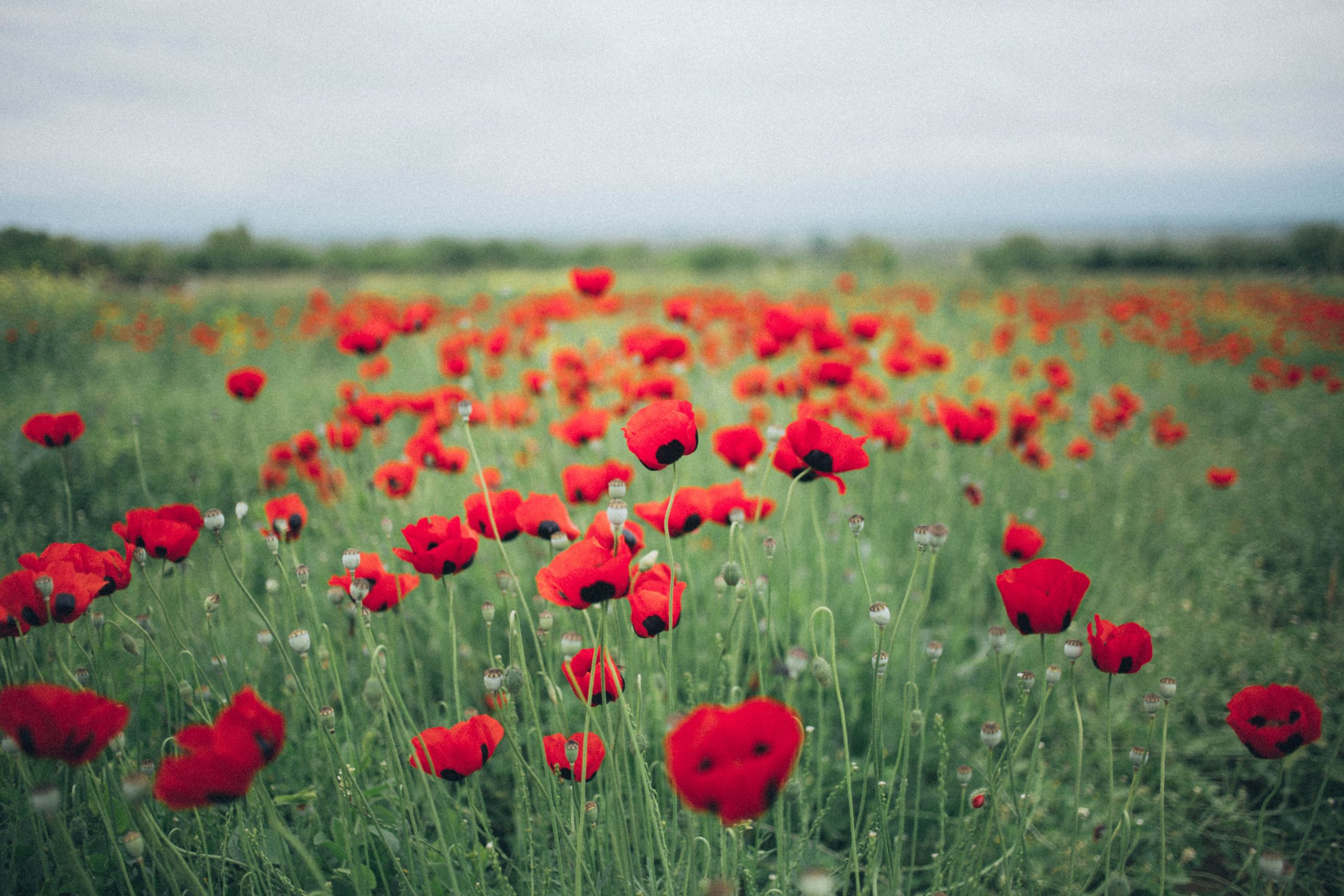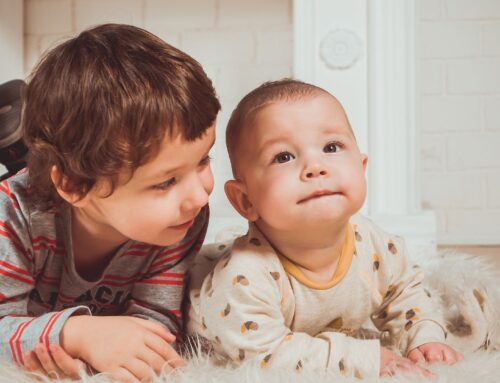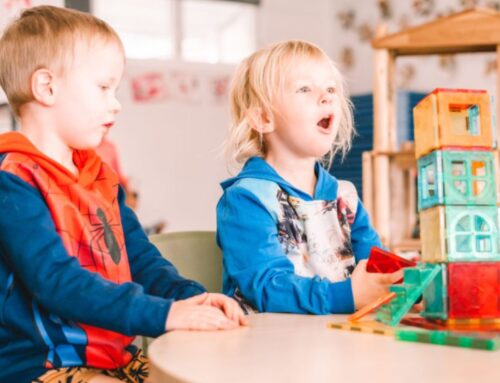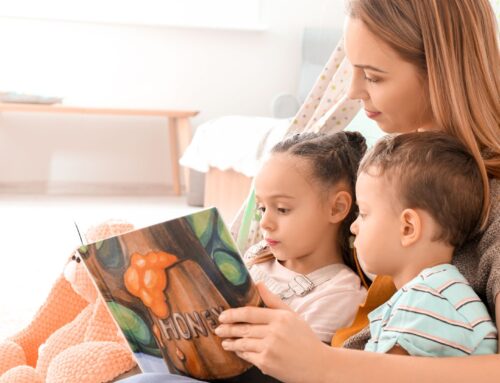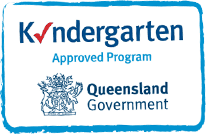By Emma Thomas
Having remembered Anzac Day last weekend and with the current crisis in the Ukraine, your children might be asking you about war. We can find it difficult when our children bring up hard topics like this, we might not be expecting the questions from our children or they may bring it up at a tricky time. Talking to children about war will never be an easy conversation but there are some important things to keep in mind.
Centre of their world
Your child thinks they are the centre of the world. This is completely developmentally appropriate! However when they hear about war and conflicts they may internalise that these are affecting them, their home and their families. They don’t have the development to understand that the conflict may have happened a long time ago, or is happening far away. We need to reassure our children and emphasise that they are safe when talking about past and present conflicts.
Let Them Lead
Some children are naturally curious, they pick up on little things that adults say and won’t stop asking questions until they are satisfied. Other children just let information wash over them and often aren’t bothered unless something is specifically addressed to them. It is important that we remember Anzac Day with our children but then let them lead from there. If they have questions about war, particularly the war in Ukraine, we should answer them truthfully, while keeping things simple and age appropriate. We want our children to learn that they can ask us anything.
Share What is Needed
Use simple and age appropriate language when answering children’s questions about war. You can say things like:
“There is a war happening, people are fighting about who is in charge.”
“The war is happening in another country, it is far away from us.”
“When we marched on Anzac Day we remembered the soldiers who looked after Australia.”
“There was a war that happened a long time ago, people were fighting over countries.”
“Talking about war sometimes makes me feel sad, but you can ask me any questions.”
Relate it to Your Life
War is an abstract concept so we can support children by making our discussion concrete and relevant. Focus on things your children have first hand knowledge of.
- Talk about the soldiers we see and what they do
- Talk about an Anzac Day march or ceremony
- Bake Anzac biscuits
- Visit your local library and look for books like Anzac Ted.
Think About Media Exposure
Media and technology can be helpful or detrimental to young children! If your children have questions about war you can show them some of the media coverage from the Anzac Day marches and services. You can also look up books and videos online which present information appropriate for children. https://www.youtube.com/watch?v=HVg96QDRzDQ
We do need to be careful about what information children take in about current events like the war in Ukraine, they might hear the news on the radio or see things on your phone or the TV that frighten or upset them. As parents we need to carefully consider and support what our children are exposed to and what we say when we are talking to children about war.

